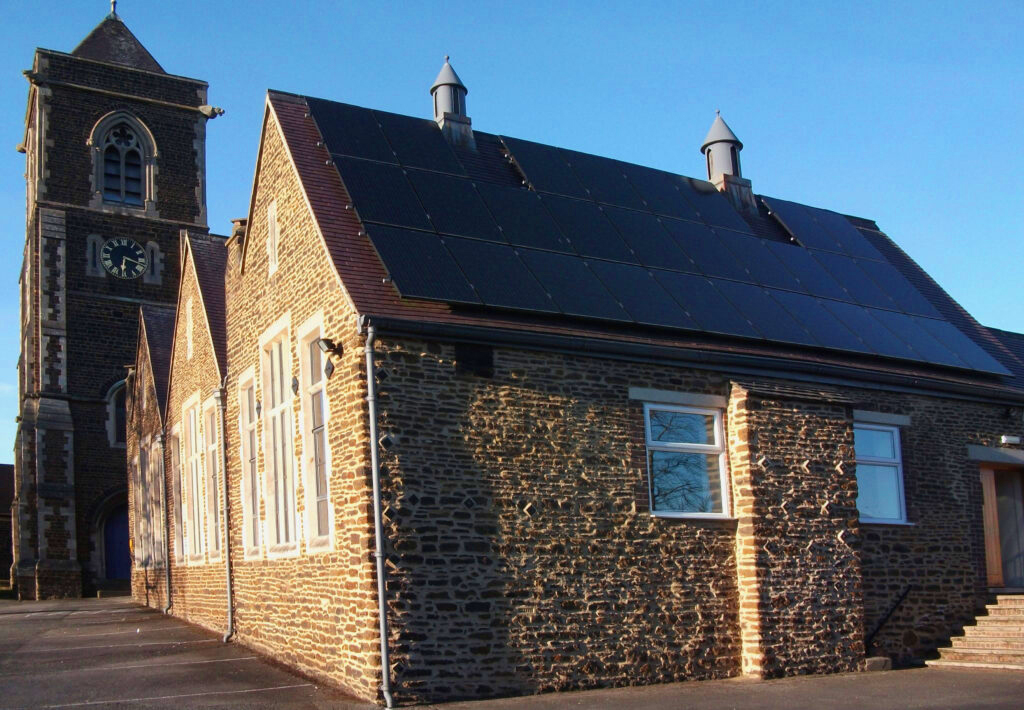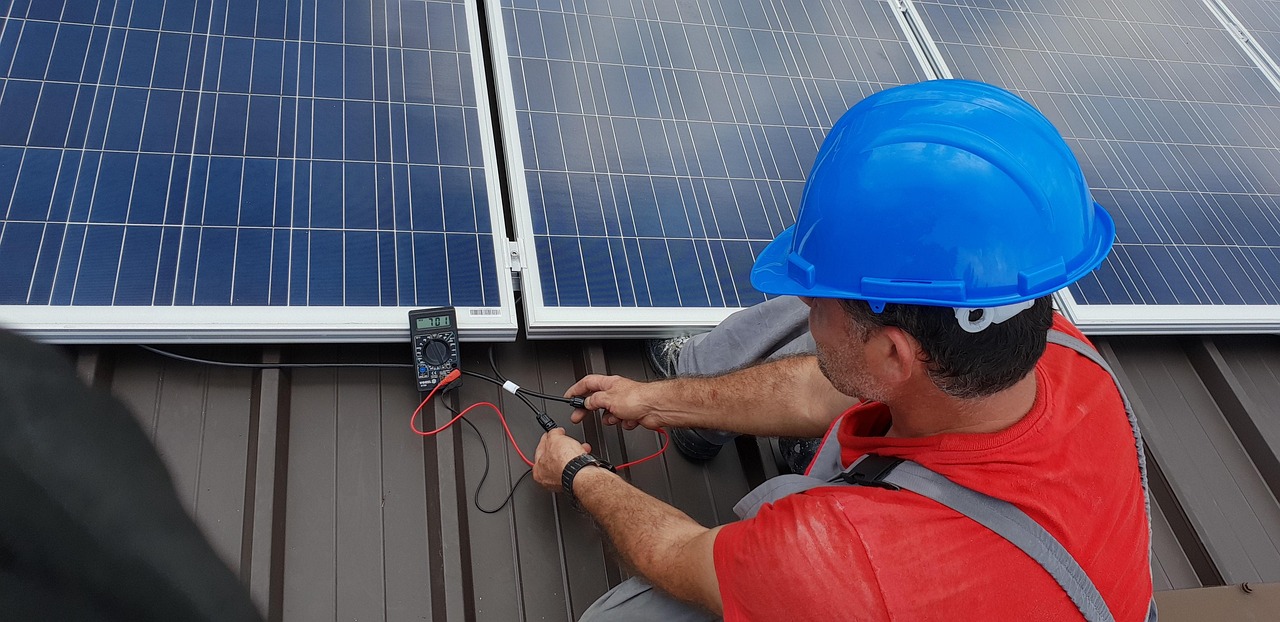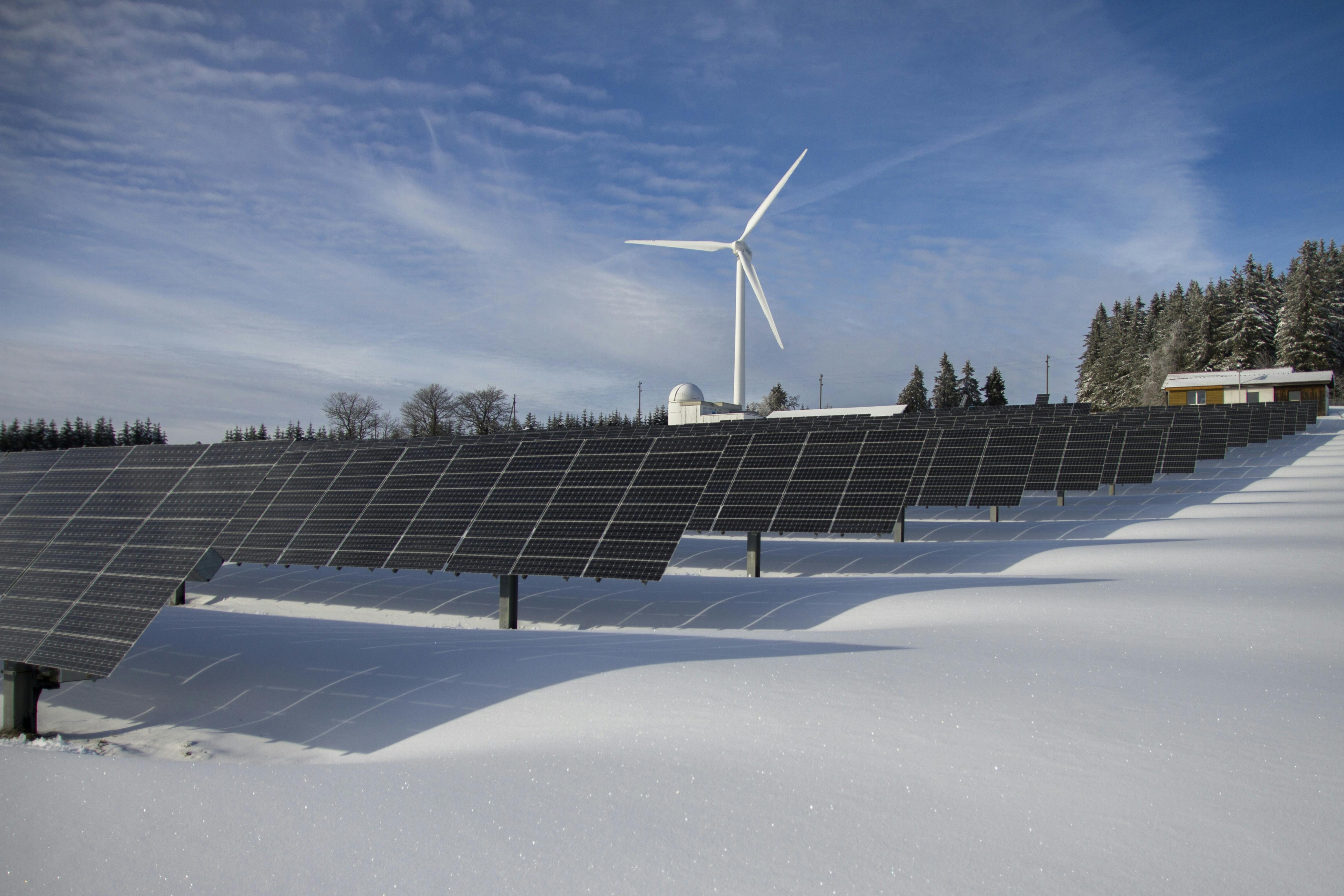PRESS RELEASE: Consumers constantly shortchanged on electricity they're selling back to the grid
"Press Release: Uncover the issue of consumers being shortchanged on electricity sales to the grid. Stay informed!

A leading energy expert has called for fairer pay outs for home solar customers who are forced to sell their excess electricity back to the grid for a paltry 1/7th of the retail cost of energy.
Llewellyn Kinch, co-founder of UK auto energy switching service Switchd, and MakeMyHouseGreen, which uses smart data to calculate savings made by green technologies, has seen first hand how people have been put off by the Smart Export Guarantee (SEG) scheme.

He says: “Our customers sometimes express a desire to install bigger systems than they need to help green the grid for their neighbours. But when they find out how cost ineffective this would be, it just doesn’t seem viable to them. If households were properly rewarded for their efforts, we could be greening the grid much faster.”
Kinch says the poor prices offered and the complicated process to join the SEG is robbing the UK of the chance to create cheap, clean energy at a time when we most need access to such alternative supplies.
At present, fewer than 10% of new solar installation customers sign-up to the scheme.
The SEG, a government-backed initiative, rewards UK households for excess renewable electricity produced by paying them for any energy they sell back to the National Grid.
Typical rates offered by energy companies are around 4p/kWh, even though the retail price of energy is around 28p/kWh. The lowest export tariff rate on the UK market is just 1.5p/kWh
Although many energy suppliers have to offer the SEG, they’re not obliged to make it attractive to homeowners, and they’re not encouraged to, adds Kinch, who believes more needs to be done to address this, and urgently.
“We’ve found that some households who generate excess electricity of around £60 - £100 a year aren’t completing SEG registration because of the hassle in doing so,” he says. "A scheme that’s set up to encourage customers to go green shouldn’t then discourage customers from earning £100, free of charge.”
Recommended Guides:
- Are solar panels worth it in the uk?
- How do solar panels generate electricity
- How efficient are solar panels?
Ready to see what you can save?
Our solar calculator is 100% free to use. Enter your postcode below to get started.

Based on 400+ Trustpilot reviews






